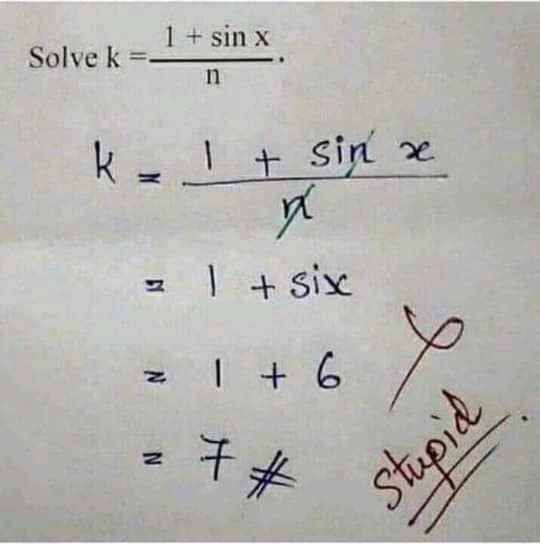This week ended, after having spent my first time in a Junior School (7 to 11 yrs of age in the UK) since a few days of supply teaching I did 2/3 years ago. I am in the school for around 10 weeks; again as part of the UK Government’s National Tutoring Programme. I am working with groups of 3. (Students having been selected for extra support because of the education they have missed over the last year.)
One thing that struck me, from my first few days, was a comment that one of the 9 year olds said to me. They confidently declared that they don’t like maths. They like literacy instead. So, it makes you wonder what it is that has given the student this opinion? They are only 9 and they have already made the choice! What does this mean for the student, when they have another 7 years to study this subject? They have already decided they don’t like! (It makes you wonder how long a 14 year old, who is disinterested in maths, has held their opinion?)
Can we blame a teacher for the choice the student has made? Was maths taught in an uninteresting way and this caused the student to make their decision? We will never know. How are we now to bring the student to see the importance of the subject? The annoying thing is, I think the student shows promise of being good at the subject (with support).
I have just googled a phrase I remember. Something along the lines of, give me a child of 7 and I’ll make a man of him. One website says it’s Aristotle who said it: https://www.goodreads.com/quotes/709859-give-me-a-child-until-he-is-7-and-i. Another talks about it being the motto of the Jesuit Order: https://breakingspells.wordpress.com/2008/01/01/give-me-a-child-until-he-is-seven-and-i-will-give-you-the-man/
Does this phrase also mean, what I learn in the first few years of schooling can make or break my interest in a subject? We will ponder.
Your views, as always, are welcome. Connect with me using the contact details shown in the side bar.
Thanks,
David
nilsbird training






